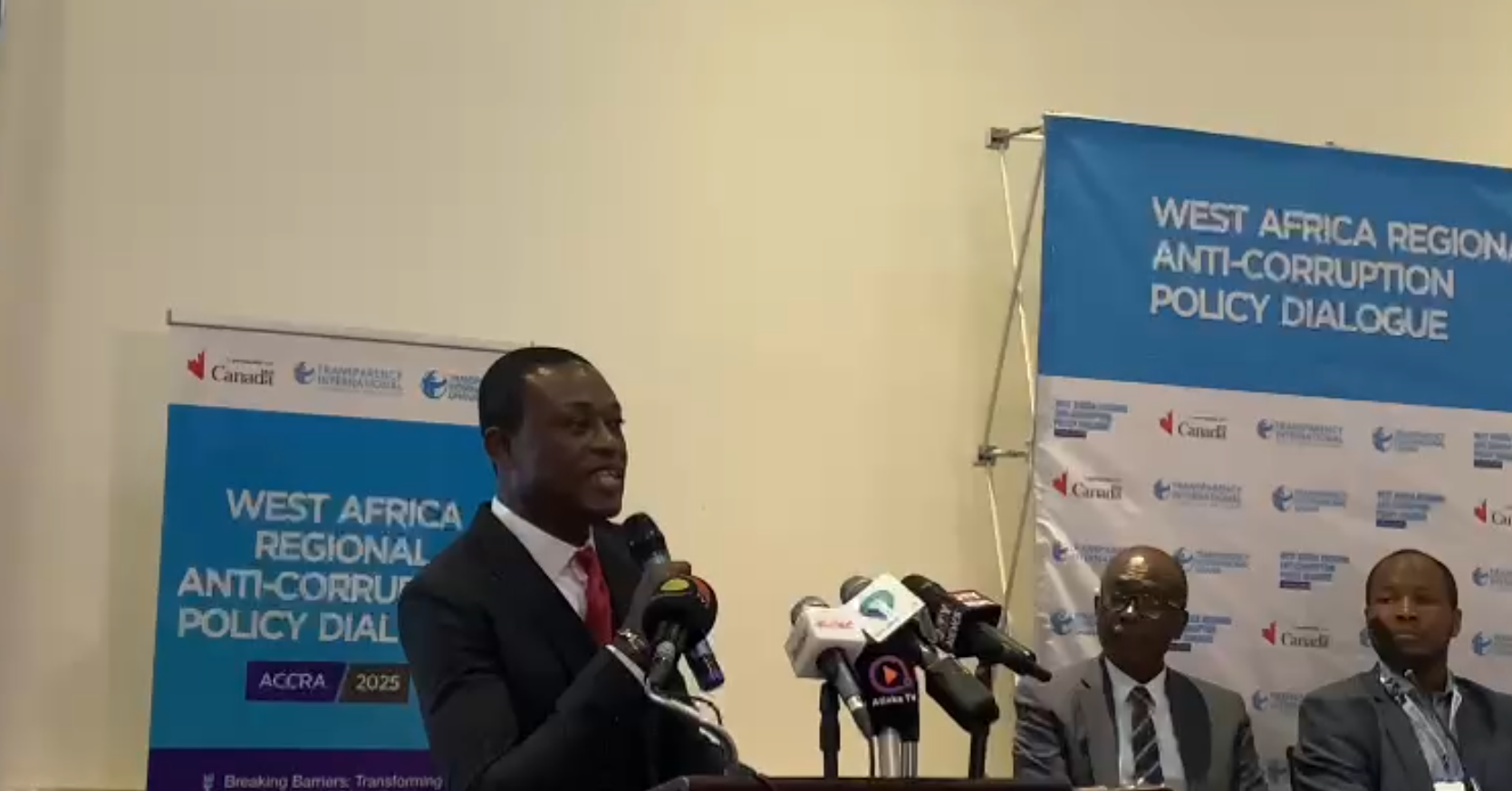Special Prosecutor calls for a rethink of Ghana’s anti-corruption fight – Nsemkeka
Special Prosecutor, Kissi Agyebeng, has called for a radical overhaul of Ghana’s anti-corruption strategy, urging a shift from foreign theoretical frameworks to a more context-specific and practical approach rooted in the country’s socio-cultural fabric.
Speaking at the opening of the West Africa Regional Anti-Corruption Policy Dialogue at the Alisa Hotel in Accra, Mr Agyebeng argued that current anti-corruption efforts often fall short because they fail to reflect the lived experiences and realities of Ghanaians.
“Theories do not match in their practice. Corrupt actors are becoming very ingenious. We cannot continue along the same path in addressing our assigned task,” he stated. He called for a re-imagining of the fight against corruption — one that links directly to critical national needs such as education, healthcare, and infrastructure.
“If we re-conceptualise the fight against corruption in a functionally specific way — one that speaks to our context — then we can ensure that resources meant for educating girls or providing healthcare for children are actually delivered. That is what meaningful anti-corruption looks like,” Mr Agyebeng explained.
As part of this shift, the Office of the Special Prosecutor (OSP) has submitted formal proposals to the Constitutional Review Committee, advocating for a dedicated chapter in the constitution on anti-corruption.
“For the past week, the Office has made proposals to the Constitutional Review Committee. We are calling for constitutional reforms, including a defined framework for what we mean by corruption,” he said.
According to the Special Prosecutor, many Ghanaians still lack a clear understanding of what constitutes corruption beyond general descriptions of unethical behaviour.
“If I asked everyone here what corruption is, most would only describe it in terms of actions, without being able to identify its underlying value or principle,” he said.
He stressed the importance of the constitution reflecting the nation’s collective commitment to fighting corruption.
“We have called for the constitutional process to express society’s will — its ‘opium’ — on corruption. When this happens, we can tackle the problem more forcefully and effectively,” Mr Agyebeng concluded.
The dialogue brought together anti-corruption leaders, civil society actors, and policymakers across the West African region to explore collaborative strategies to confront corruption more meaningfully.

